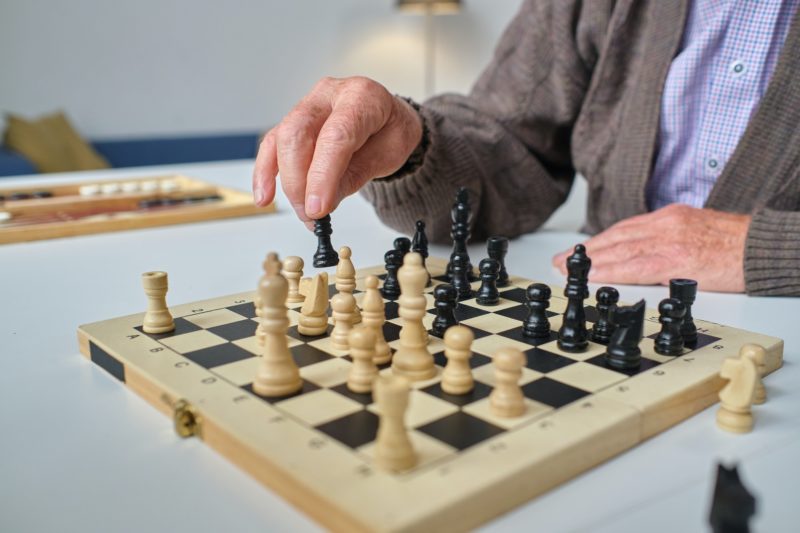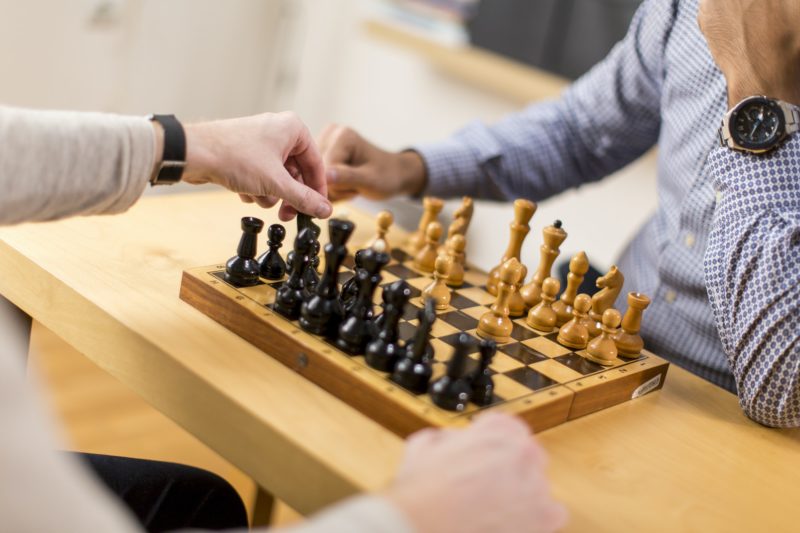Step into the Arena: Join Your First Online Chess Tournament
Discover how to pick the best platform, register with confidence, prepare your strategy, and compete whether you’re a newcomer or chasing a new chess live rating.

How to Join a Chess Tournament Online: A Complete Guide write this blog
Jumping into an online chess tournament these days takes almost no effort at all. Just a couple of keystrokes or a quick swipe on your phone can land you in a match that fits your schedule and skill level. Websites run day-long blitz sprints one minute and slow, multi-round marathons the next, so whether you barely know the rules or are hunting for that shiny new rating, there is always something open.
Step 1: Choose a Trusted Online Chess Platform
First, there is the simple question of where you'll actually click your mouse. Websites like Chess.com, Lichess.org, and the Internet Chess Club keep their digital doors open for thousand-plus tournaments every week. Community strength, a no-nonsense fair-play code, and servers that don't hiccup at crunch time should top your checklist. Sometimes, a quick chat at a local chess club or a skim through player reviews lets you sniff out the friendliest stop.
Check Platform Reputation
The second move is to poke around and see what reputation the site already
carries on its shoulders. Long-running arenas tend to lock down cheats faster
and settle player arguments with a level head. A fast scan of Reddit threads or
Facebook groups centered on online chess usually turns up straight talk about
who's doing right and who's stumbling.
Consider Interface and Features Third, cast an eye on the look and feel of the digital board you'll be staring at. A handful of sites serve up built-in game analysis, stream the headlines matches live, or toss out chess puzzles to warm up the brain. Pick the one whose arrangement clicks for you, whether you're hunched over a desktop or tapping a tablet in the back of a bus.
Step 2: Create and Customize Your Account
Once you’ve chosen a platform, sign up and build your profile. Use a clear username (often your real name or club handle) and upload a friendly photo or avatar. Many tournaments display players’ flags and ratings, so filling in your true location and skill level (if asked) can help you find fair matches.
Verify Your Email: Most sites require email confirmation before you can register for paid or rated events.
Set a Secure Password: Protect your account with a strong, unique password—and enable two-factor authentication if available.
Adjust Privacy Settings: Choose whether you want to make certain details (game history, rating graph, personal info) public or hidden.
Step 3: Find the Right Tournament for You
With your account ready, explore the tournament lobby. Most platforms let you filter events by time control (blitz, rapid, classical), rated or unrated, entry fee (often free), and minimum/maximum rating.Explore Tournament Categories
Bullet & Blitz: Fast-paced fun (1–5 minutes per player).
Rapid & Classical: Deeper strategy (10–60 minutes per player).
Thematic & Arena: Special rules (e.g., specific openings or Swiss-style
pairings).
If you’re new, start in an entry-level chess class for beginners or an unrated section. As your confidence grows, move up to rated events where you can earn an official chess live rating.
.jpg)

Step 4: Register for the Event
Click “Register” or “Join” to secure your spot. If there’s an entry fee, most platforms accept secure card payments or in-site currencies. After payment, you’ll receive confirmation of your seat along with the tournament start time listed in your local time zone.
Note the Start Time: Online clocks can vary log in at least 10 minutes early to avoid missing the first round.
Read the Rules: Each tournament has a rules page covering fair play, disconnections, and time controls.
Step 5: Prepare Before Game Day
Good preparation sets you up for success. Use the platform’s chess puzzle game section to sharpen tactics, revisit key chess board positions, and watch live broadcasts of similar events to get a feel for the pace.
Check Your Setup: Ensure a stable internet connection, a clean camera view (if streaming is required), and a quiet environment.
Warm Up: Play a few practice games at the same time to settle any nerves.
Step 6: Compete and Follow the Rules
When the tournament begins, follow the on-screen pairing system. Most events use Swiss or Arena formats:
Swiss System: You play opponents with similar scores. After several rounds, the top performers emerge.
Arena: You play as many games as possible within a time window, earning points for wins and draws.
Keep an eye on your clock, offer draws politely when appropriate, and report any issues (lags, suspected cheating) through the platform’s support channels.
Tips for Success in Online Tournaments
- Stay Calm Under Time Pressure: Use small increments wisely, and don’t panic when your clock ticks down.
- Analyze Your Games: After each match, review mistakes with the site’s analysis tool to learn quickly.
- Join a Community: Discuss openings, tactics, and tournament experiences in online forums or at a local chess coaching center near me.
- Balance Play and Rest: Avoid burnout by limiting sessions to an hour or two and taking regular breaks.
Conclusion
Joining a chess tournament online opens new doors for practice, competition, and fun—no matter where you live. By choosing a reliable platform, preparing carefully, and following the rules, you can enjoy smooth tournaments and steadily improve your chess live rating. Ready to test your skills? Find your next event, register today, and make your move toward chess mastery!